PM: Crisis in Balkans “almost over”
Serbian Prime Minister Mirko Cvetković said in Zagreb this Friday that the economic crisis in the Balkans is “almost over”.
Friday, 14.05.2010.
09:42

Serbian Prime Minister Mirko Cvetkovic said in Zagreb this Friday that the economic crisis in the Balkans is “almost over”. He told journalists in the Croatian capital, after meeting with other prime ministers from the region, that all of his colleagues agreed that recovery, however, will be slower than most had expected. PM: Crisis in Balkans “almost over” “It was also agreed that the crisis could have certain repercussions on the issue of the speed of European integration, which is why the countries agreed to continue to fight for faster European integration, with the help of the EBRD, and to have the entire Western Balkans join the EU,” Cvetkovic said. He said that all regional countries have certain infrastructure projects they are working on in which the EBRD is ready to help, but that the level of economic cooperation in the region must be increased. The government leaders of Croatia, Serbia, Bosnia-Herzegovina, Macedonia, Montenegro and Albanian attended the working lunch. Delegations from 63 countries and more than 2,500 bankers, businesspeople and investors are attending the EBRD conference in Zagreb, and the main topic of the summit is economic recovery. The European Bank for Reconstruction and Development (EBRD) will continue to make large investments in the region of Southeast Europe, President of EBRD Thomas Mirow stated, following a meeting with prime ministers of the regional countries. Mirow told reporters that the main issue of the talks was related to what can be done in order to continue the European integration of the region, i.e. how to prevent the EU enlargement from coming to a standstill. The officials also discussed the boosting of economic cooperation in the region, especially in the field of trade and infrastructure connections, as well as what the EBRD can do in order to help, Mirow said. While in Zagreb, Cvetkovic has also met with his Croatian counterpart Jadranka Kosor. With recent improvements in relations between Serbia and Croatia, started by several meetings between President’s Boris Tadic and Ivo Josipovic, the two prime ministers will meet on Friday in hopes of continuing the trend. Kosor is expected to give Cvetkovic translations of documents necessary for EU accession. These documents, worth about EUR 8mn, were supposed to be given to Serbian officials at the recently held regional meeting in Slovenia, which Belgrade officials refused to attend because of the presence of Kosovo Albanian representatives. Serbia is the only country in the region yet to receive these documents from Croatia. Croatia has spent about EUR 2mn in organizing the EBRD event, which is expected to see protests by anti-globalization activists. Serbian Deputy Prime Minister Bozidar Djelic and Finance Minister Diana Dragutinovic will also be arriving in Zagreb on Friday, while Justice Minister Snezana Malovic and a team of advisors will be at the conference on Sunday. Malovic is expected to meet on Monday with her Croatian counterpart Ivan Simonovic to sign a memorandum of understanding and cooperation in the fight against organized crime. Serbian Defense Minister Dragan Sutanovac is also expected to make a visit to Croatia next week, but this is yet to be confirmed. Mirow, Kosor, Cvetkovic in Zagreb today (Tanjug)
PM: Crisis in Balkans “almost over”
“It was also agreed that the crisis could have certain repercussions on the issue of the speed of European integration, which is why the countries agreed to continue to fight for faster European integration, with the help of the EBRD, and to have the entire Western Balkans join the EU,” Cvetković said.He said that all regional countries have certain infrastructure projects they are working on in which the EBRD is ready to help, but that the level of economic cooperation in the region must be increased.
The government leaders of Croatia, Serbia, Bosnia-Herzegovina, Macedonia, Montenegro and Albanian attended the working lunch.
Delegations from 63 countries and more than 2,500 bankers, businesspeople and investors are attending the EBRD conference in Zagreb, and the main topic of the summit is economic recovery.
The European Bank for Reconstruction and Development (EBRD) will continue to make large investments in the region of Southeast Europe, President of EBRD Thomas Mirow stated, following a meeting with prime ministers of the regional countries.
Mirow told reporters that the main issue of the talks was related to what can be done in order to continue the European integration of the region, i.e. how to prevent the EU enlargement from coming to a standstill.
The officials also discussed the boosting of economic cooperation in the region, especially in the field of trade and infrastructure connections, as well as what the EBRD can do in order to help, Mirow said.
While in Zagreb, Cvetković has also met with his Croatian counterpart Jadranka Kosor.
With recent improvements in relations between Serbia and Croatia, started by several meetings between President’s Boris Tadić and Ivo Josipović, the two prime ministers will meet on Friday in hopes of continuing the trend.
Kosor is expected to give Cvetković translations of documents necessary for EU accession.
These documents, worth about EUR 8mn, were supposed to be given to Serbian officials at the recently held regional meeting in Slovenia, which Belgrade officials refused to attend because of the presence of Kosovo Albanian representatives.
Serbia is the only country in the region yet to receive these documents from Croatia.
Croatia has spent about EUR 2mn in organizing the EBRD event, which is expected to see protests by anti-globalization activists.
Serbian Deputy Prime Minister Božidar Đelić and Finance Minister Diana Dragutinović will also be arriving in Zagreb on Friday, while Justice Minister Snežana Malović and a team of advisors will be at the conference on Sunday.
Malović is expected to meet on Monday with her Croatian counterpart Ivan Šimonović to sign a memorandum of understanding and cooperation in the fight against organized crime.
Serbian Defense Minister Dragan Šutanovac is also expected to make a visit to Croatia next week, but this is yet to be confirmed.





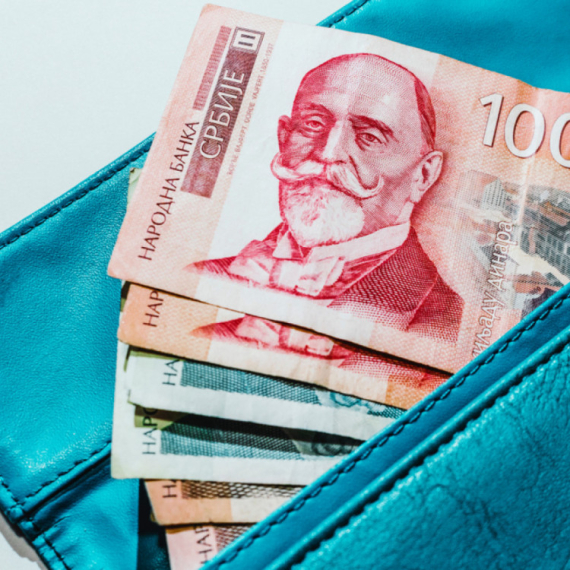




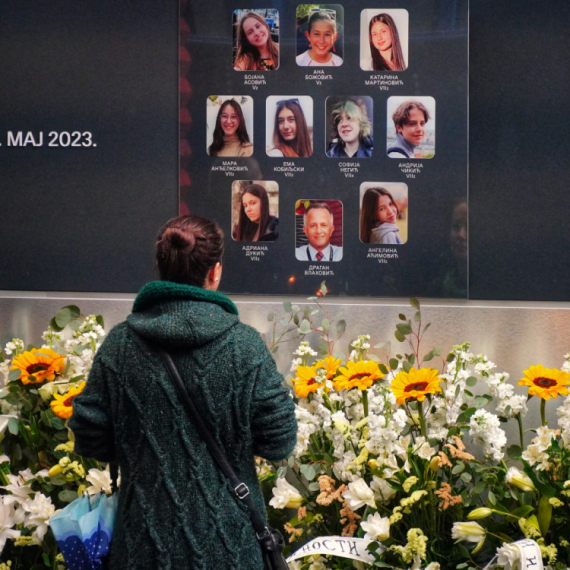
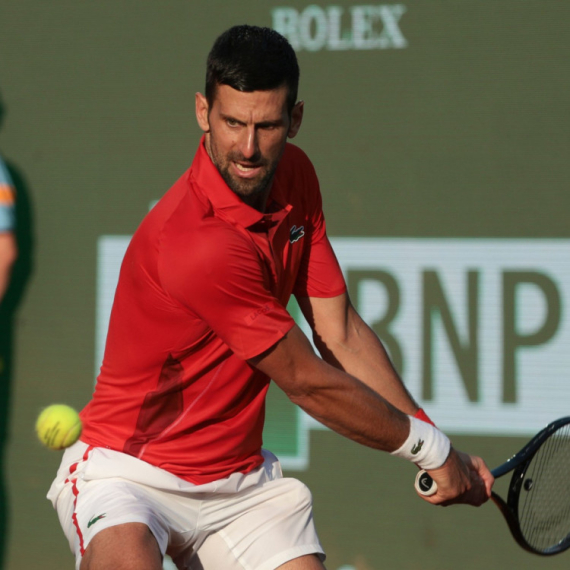
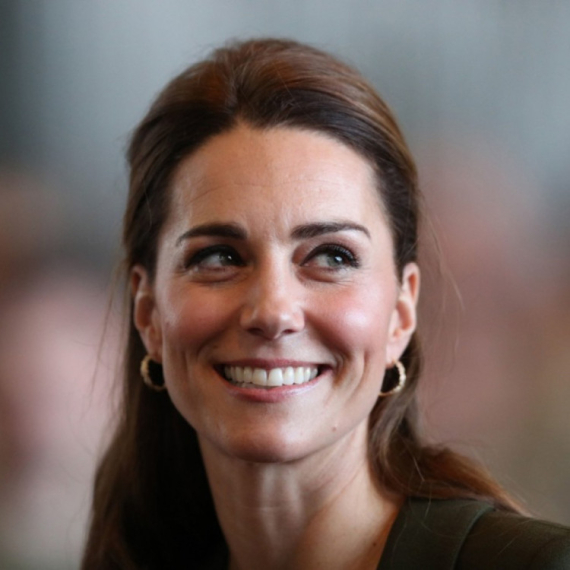

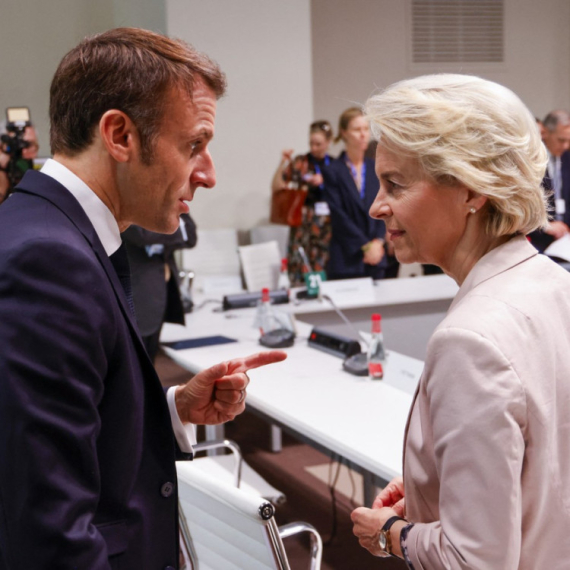
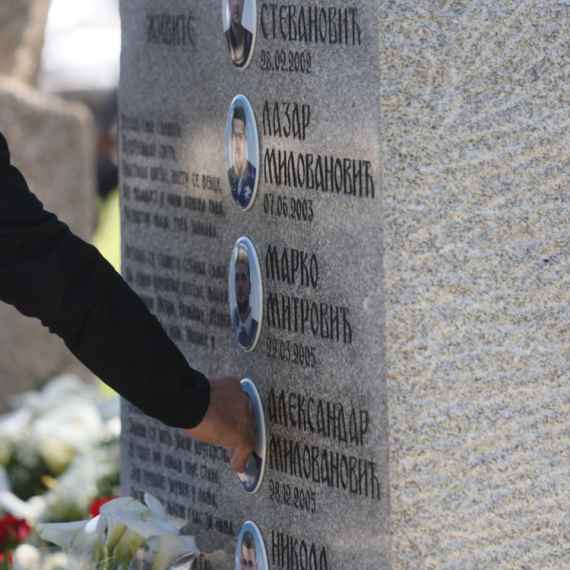
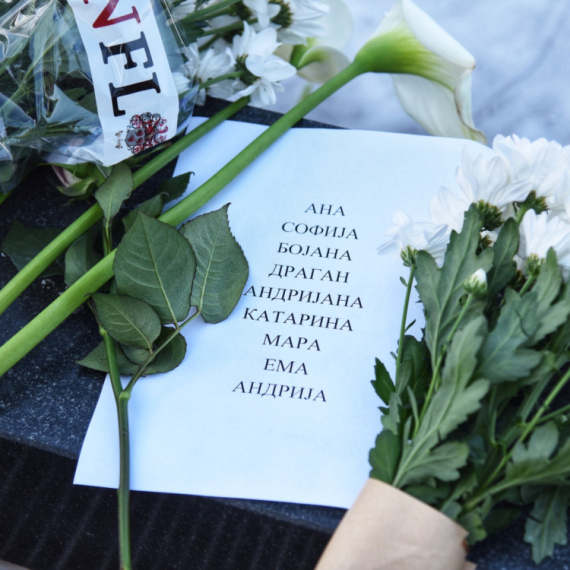

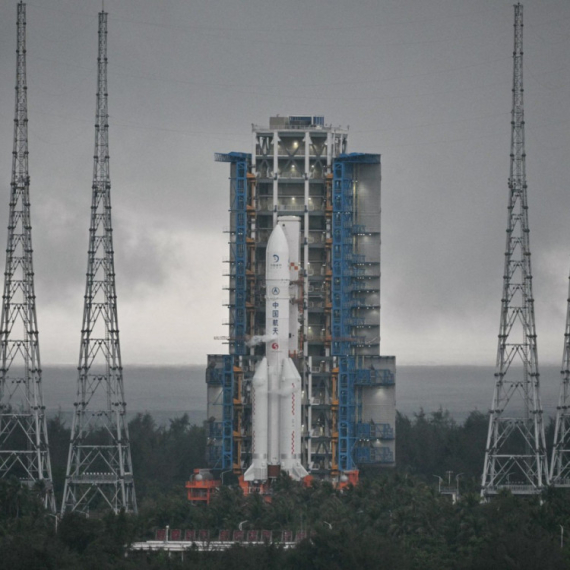










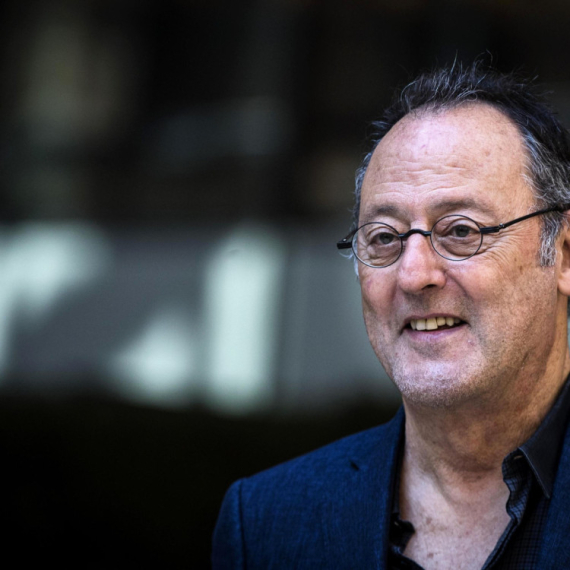















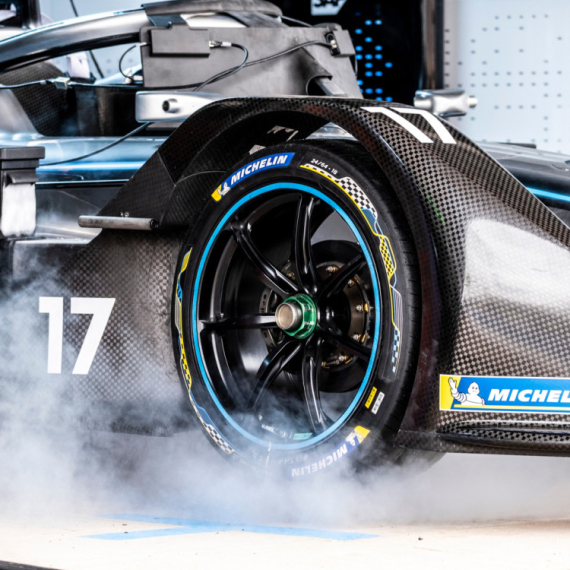




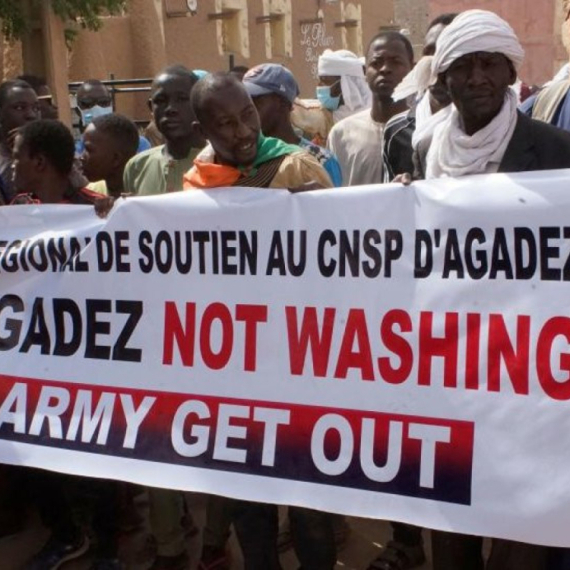
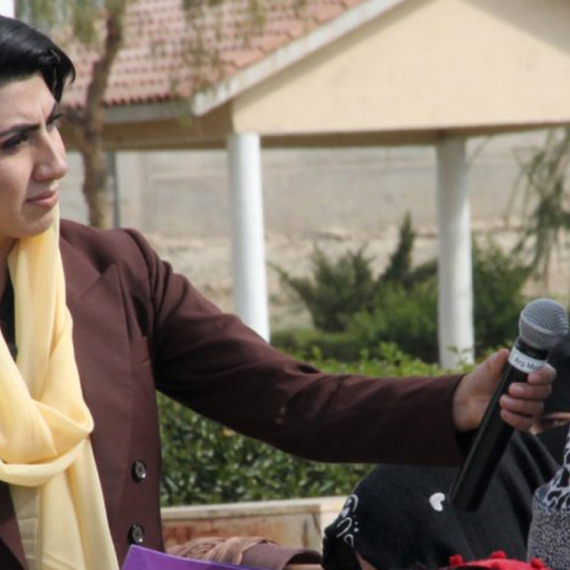
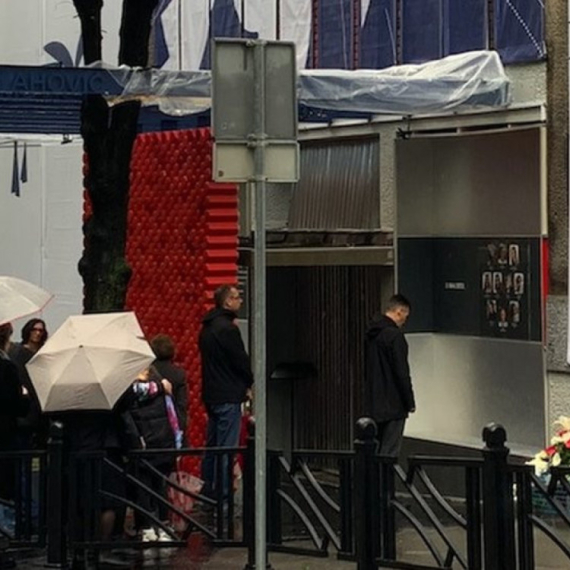
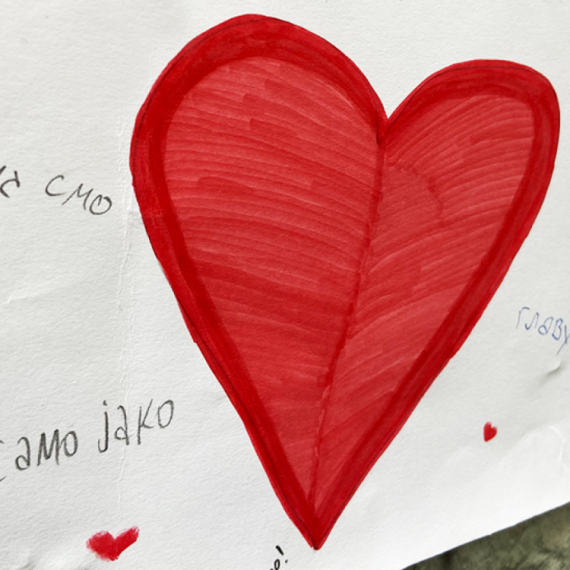


Komentari 13
Pogledaj komentare